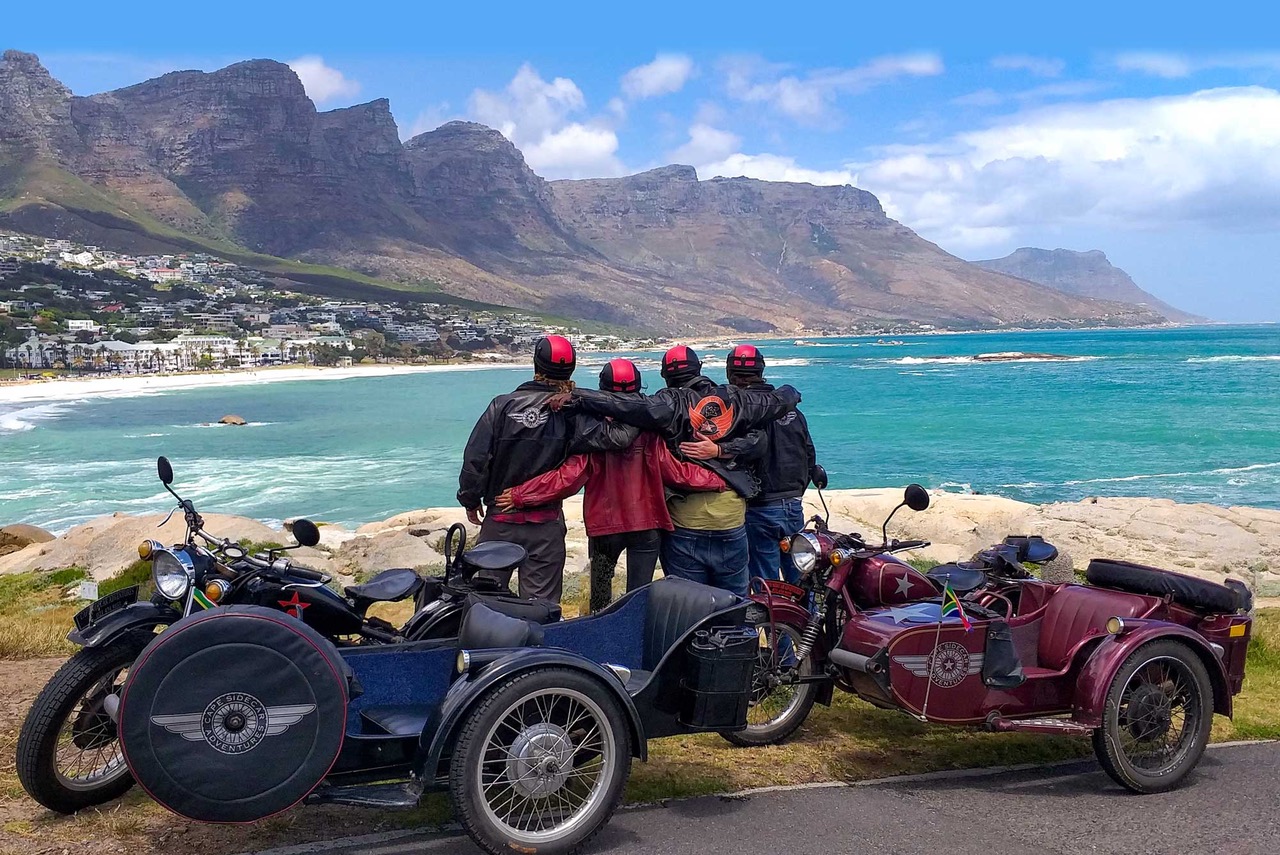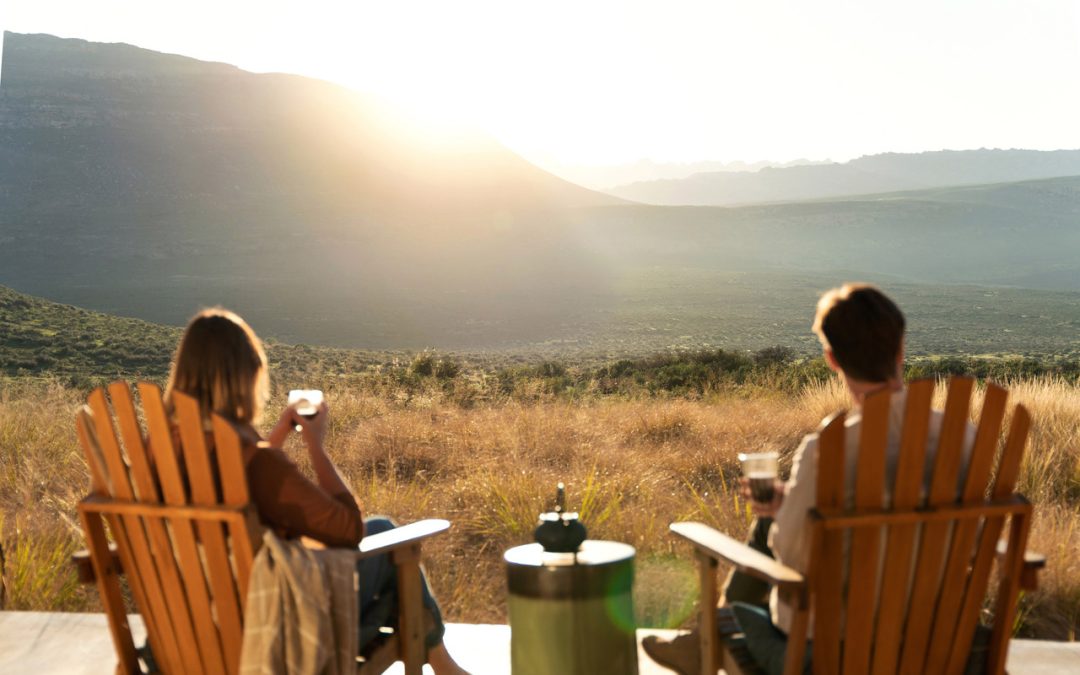Making time for work and play on business trips
“Bleisure” travel is a term that combines “business” and “leisure,” reflecting a trend where individuals blend business trips with leisure or recreational activities. This type of travel allows professionals to make the most of their business trips by extending their stay for personal enjoyment.
As the travel industry adjusts to the new normal post-pandemic, the trend of “bleisure” travel is gaining momentum, especially among South Africans and remote workers globally. This innovative concept involves combining business and leisure travel, catering to the growing desire among individuals to enhance their work trips with personal holidays.

This approach to travel presents an economical way to make the most of the overall travel experience by extending business trips to include leisure activities. This not only allows individuals to enjoy a mix of work and leisure but also enables them to save on travel costs.
Key features of bleisure travel include:
Extended stays: Travellers purposely extend their business trips to spend additional time in the destination for personal reasons.
Work-life balance: Bleisure travel is seen as a way to achieve a better work-life balance. It allows individuals to mix business obligations with leisure activities, providing a break from the routine of work.
Maximising opportunities: Professionals often use the opportunity of being in a different location to explore the local culture, attractions, or even take short vacations with family or friends.
Productivity boost: Some argue that bleisure travel can enhance productivity by reducing stress and providing a change of environment, leading to increased focus when returning to work.
Employer policies: As the popularity of bleisure travel has grown, some companies have developed policies to accommodate and support their employees in combining business and leisure during work-related trips.
Economic impact: Bleisure travel can also have positive economic impacts on destinations, as travellers engage in additional spending on leisure activities, accommodations, and local services.

A recent study revealed that 89% of global business travellers expressed a keen interest in incorporating a private holiday into their work-related journeys, underscoring the widespread appeal of the bleisure trend.
It’s essential for individuals engaging in bleisure travel to strike a balance between work commitments and leisure activities. Effective planning, clear communication with employers, and adherence to company policies are crucial to ensuring a successful and enjoyable bleisure travel experience.
The surge in digital nomadism has played a pivotal role in propelling the bleisure travel trend forward. Digital nomads, who have the flexibility to work from any location, form a significant and rapidly growing segment in the travel market.
According to the Traveller Value Index 2023 by Expedia Group, approximately 32% of individuals are planning business trips, and a noteworthy 62% of them are remote workers. Furthermore, the report highlights that 85% of business travellers express enthusiasm about work-related travel.
Millennials lead this sentiment at 45%, closely followed by Generation Z at 40%. These findings suggest that remote work is no longer exclusive to digital nomads.
These shed light on the changing dynamics of business travel. The fact that a significant portion (62%) of those planning business trips are remote workers underscores the impact of the broader shift toward flexible work arrangements.
The study also reveals the enthusiasm of business travellers, with 85% expressing excitement about work-related travel. The dominance of millennials and Generation Z in this enthusiasm further highlights the generational shift in attitudes toward work and travel.
The pandemic has compelled companies worldwide to embrace remote work, a trend that is anticipated to persist in the foreseeable future. As a result, the combination of business and leisure travel, as exemplified by bleisure trips, is likely to remain a popular choice for individuals seeking a balanced and fulfilling travel experience.
The rise of bleisure travel reflects a shifting mindset among professionals and remote workers, who increasingly value a holistic approach to their work-life balance. This trend is not just about fitting in leisure activities during business trips; it’s a strategic integration of work and personal experiences, allowing individuals to make the most of their time away from home.
One of the key attractions of bleisure travel is its economic benefits. By extending a business trip to include leisure activities, individuals can often take advantage of the existing travel arrangements, thereby reducing additional costs. This aspect is particularly appealing to both businesses and employees looking for cost-effective ways to blend work and leisure.
As remote work becomes more prevalent, the lines between professional and personal life continue to blur, contributing to the popularity of bleisure travel.
The enduring nature of remote work, as indicated by the global response to the pandemic, suggests that bleisure travel is not just a passing trend but rather a reflection of the evolving expectations and lifestyles of modern professionals.

